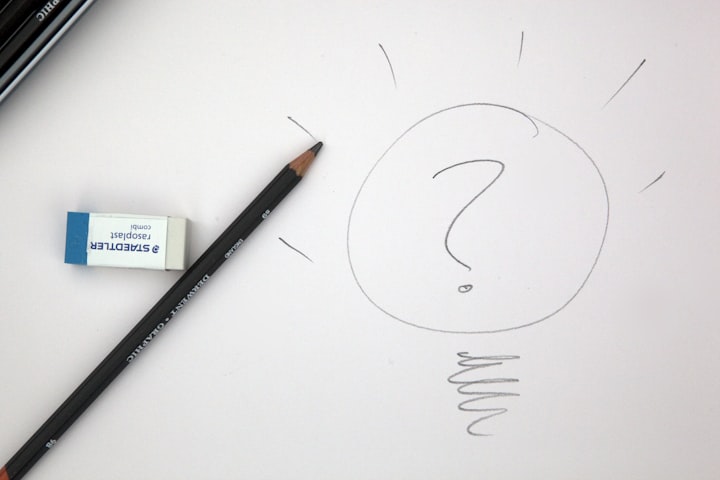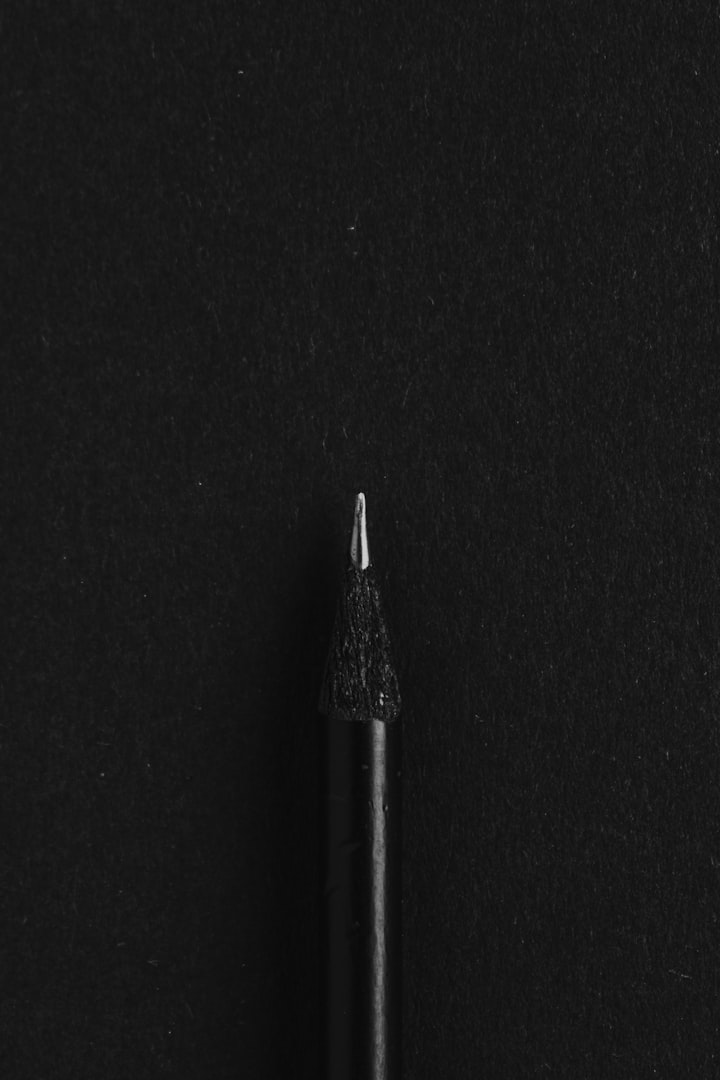
Today was a weird day.
I woke up feeling okay, if a little bland. The sun was shining but I didn’t want to go outside. I finished watching “Army of the Dead” on Netflix. I had a virtual hang out with a group of friends who I love dearly. I had lunch.
After lunch, I felt shitty. I knew I needed to complete my tax return and book my COVID vaccine, and they were weighing on me. Now I’ve done them, and I still feel shitty.
So I guess that wasn’t it.
Recently I’ve been putting a lot of pressure on myself to write more. Writing is and has always been something very dear to me. It’s a way of pouring my soul out onto paper; of sharing my thoughts and ideas and emotions with the world. When I’m happy, it elevates that happiness to joy. When I feel cloistered, it brings me freedom through imagination. When I’m melancholy, the creative process offers catharsis.
Lately, though, I’ve been feeling increasingly like I need to write more, but that I have nothing to say.
Maybe that’s it.

In a world of Twitter and Instagram and Youtube and TikTok and, yes, Vocal, where everyone is a blogger or a vlogger or an influencer in some capacity, and we are so inundated with content that we could spend our lifetimes consuming it and barely scratch the surface, I find it impossible to evade the suffocating feeling that everything I could possibly think, or feel, or say, has been thought, felt and said before, in a hundred ways, by a hundred people, many of whom are cleverer and more eloquent and more charismatic than I am or will ever be. Fuck me if that isn’t the longest and most masturbatorially depressing sentence I’ve ever written.
This isn’t a new feeling. An anecdote comes to mind of Max Planck (the father of Quantum Theory) being told in 1874 not to go into physics because everything of note had already been discovered. Academically, I know that not all ideas can possibly have been thought of, because brilliant people are making brilliant discoveries all of the time. But for the vast majority of us who, like me, are not a brilliant person working at the cutting edge of a brilliant field, what’s the point? What can I possibly say that can enrich the life of you, the reader, in a way that someone else couldn’t? And what right do I have to try to do so in their stead?
Herein lies what I think is the conundrum and the inherent, unavoidable arrogance of the writer. In order to create we must be either oblivious, apathetic or downright scornful towards the work of our peers. When I publish an article about improving one’s mindset, I am communicating through subtext the idea that the hundreds (of thousands) of other people who have tried to communicate the methods through which one might also do so were some combination of wrong, uncomprehensive or unintelligible.
So how do I work through all of that without devolving into a pitiful blob of misery and self-loathing?
I’ve given it some thought today. And given my state of mind while doing so (which as you may have gathered from the previous paragraphs was, in a word, not great), you won’t be surprised to hear that it took me a while to come up with stuff that wasn’t immediately dismissed as half-baked saccharine horseshit.
But after much deliberation, here’s my 2 cents.

Diversity of style
Everyone is different. [Yeah, no shit]. But what I mean to say is, the way in which we think is different. [Also no shit]. But crucially, even if we might think the same stuff, we’ll probably think that stuff in different ways. [You’ve lost me]. Alright, let me put it like this.
I grew up reading fiction. Masses and masses of the stuff. Usually high fantasy, brimming with epic plots set in fantastical worlds... you know the type. Or maybe you don’t, and that further illustrates my point. As a result, I’ve acquired a fairly loquacious and somewhat archaic writing style. I like using flowery language; rich, convoluted and often unwieldy metaphors; semicolons.
That style of writing works for some people. For others, it doesn’t. Some people want simple, concise language. Some people want detailed, clearly structured, almost academic-style breakdowns. I can provide neither of those things. But you might be able to. Or maybe you have a similar style to me but use different kinds of long, convoluted metaphors. So even if we’re communicating the exact same ideas, we might be able to reach different audiences with them.

Diversity of experience
This part overlaps a lot with the last section, but I wanted to split them and this was the division that made the most sense to me, so this is what you’re getting.
This is also a pretty big one. The point being, we’ve all gone through life differently. We’ve had different ups and downs; different tragedies and triumphs; different adventures… and misadventures. Sure, there are topics with universal appeal. But let’s talk about specifics. Stories about aspects of life which not everyone has been through. Hard as I might try, my ability to create something like that which resonates with someone like you will vary depending on your lived experiences. But my ability to create something which resonates with someone like me? That’s unmatched.
Let’s consider that aforementioned idea that you and I both wanted to share. When talking about it, it’s likely that we’ll draw on different anecdotes; frame it differently; use different analogies. Those will, like our differences in style, resonate with different audiences.
We should use that.

Writing as therapy (okay, so it was 3 cents)
Finally, there’s the therapeutic process. Because, honestly, I needed to write this today. And even if I go back later and find it to be utterly unintelligible, I’ll probably still publish it. Because it’s important. Not to the world – I’m not that arrogant. But to me. As a reminder that, even when I’m at my lowest, writing can still heal me – at least a little. And when I’m healthy, I make better choices. I’m a better companion to my friends; a better coworker to my colleagues; a better customer to the shopkeeper down the road.
It’s easy – far too easy – when you’re an artist of any kind, to reduce your worth as a person to the impacts you’re able to have through your craft; whether that be writing, music, painting, or any of the other hundreds of deep, varied, beautiful mediums through which we as humans infect others with our thoughts, our ideas, and our emotions. But that avenue of thought is toxic and bollocks. Your value stretches far beyond that. Which means that, if creating – whatever it is you choose to create - is a therapeutic process for you, it has value. Immense, garish, sparkling heaps of value. World-changing or not.
So, you know, go make stuff.
I hope you enjoyed this article, or at least found it a little useful. And if not, that’s okay. I did it for me.

About the Creator
Origami
Reader, thinker, storyteller, nerd. He/Him.






Comments
There are no comments for this story
Be the first to respond and start the conversation.